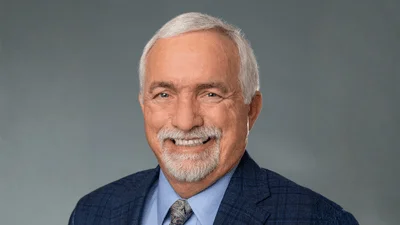U.S. Senators Maria Cantwell (D-Wash.), Ranking Member of the Senate Committee on Commerce, Science and Transportation, and Brian Schatz (D-Hawaii), Vice Chairman of the Committee on Indian Affairs, have sent a letter to Commerce Department Secretary Howard Lutnick and National Telecommunications and Information Administration (NTIA) Administrator Arielle Roth seeking explanations for delays in distributing nearly $1 billion in broadband grants intended for Native communities.
The Tribal Broadband Connectivity Program (TBCP), managed by NTIA, has left approximately $980 million in Round 2 funding unobligated since applications closed in March 2024. Additionally, $294 million in grants announced in December 2024 remain undistributed. Some current grant recipients have expressed concerns that NTIA may introduce new requirements or attempt to reclaim previously awarded funds.
“The TBCP is the first NTIA program to recognize Tribes’ sovereignty to determine broadband infrastructure needs on their own lands and is an effective tool for connecting Tribal homes and community facilities to reliable and affordable broadband,” wrote Senators Cantwell and Schatz. “So, we are concerned that the agency is reportedly applying additional, unnecessary standards and requirements to applications, resulting in uncertainty that threatens the success of existing and planned projects.”
Since its inception, TBCP has allocated $2.24 billion to 275 tribal projects nationwide. This includes about $100 million directed toward 19 projects in Washington State and $89 million for initiatives on Hawaiian Home Lands.
The TBCP forms part of the Biden Administration’s Internet for All Initiative—a broader effort funded through federal legislation such as the Consolidated Appropriations Act of 2021 ($980 million) and the Bipartisan Infrastructure Law ($2 billion). Senator Cantwell played a role in authoring this law. The program supports tribal governments with resources for broadband deployment on tribal lands as well as telehealth services, distance learning opportunities, affordability measures, and digital inclusion efforts.
In their letter, Cantwell and Schatz requested detailed information from NTIA regarding technical assistance provided to grantees approaching performance deadlines; legal criteria used for compliance assessments; updates on pending awards; timelines for obligating Round 2 funding; any new guidance or performance metrics imposed; details about cost evaluation methods; consultation processes with tribes before implementing changes; as well as impacts stemming from recent policy notices related to project eligibility—such as those outlined by NTIA’s June 6 BEAD Restructuring Policy Notice (https://www.ntia.gov/sites/default/files/2025-06/bead-restructuring-policy-notice.pdf) which allowed providers to exclude high-cost locations from project areas—and an August 26 notice granting limited waivers concerning tribal consent deadlines (https://broadbandusa.ntia.gov/sites/default/files/2025-08/Programmatic_Waiver_of_Tribal_Consent_Deadline.pdf).
“We are committed to ensuring all TBCP Round 1 and Round 2 funds are timely awarded, obligated, and expended, and for the continuing success of the Program,” they stated.
The senators concluded by requesting written responses addressing these issues along with a staff briefing within two weeks after receiving replies.








